

Pawpaw Seedlings
KSh 1,000.00 Original price was: KSh 1,000.00.KSh 799.00Current price is: KSh 799.00.
Key Features of Pawpaw Seedlings:
- Fast Growth: Pawpaw seedlings mature quickly, producing fruit within 6–12 months.
- High Yield: Each tree can produce up to 50–100 fruits annually under optimal conditions.
- Drought Tolerance: Thrives in regions with moderate rainfall and well-drained soil.
- Compact Size: Suitable for small-scale farming or home gardens due to its manageable size.
- Nutritional Value: Produces fruits rich in vitamins A, C, and E, as well as fiber and antioxidants.
Introduction
Pawpaw seedlings are a must-have for Kenyan farmers and gardeners looking to grow nutritious, high-demand fruit. Known for their fast growth and high yield, pawpaw plants produce delicious and vitamin-rich fruits, making them a valuable crop for both personal consumption and commercial purposes. With minimal care, pawpaw seedlings thrive in Kenya’s tropical climate, offering a sustainable and profitable farming option.
Benefits of Growing Pawpaw Seedlings:
- Economic Potential: Pawpaw fruits have high market demand, ensuring steady income for farmers.
- Food Security: Provides a reliable source of nutritious fruit for families.
- Environmental Impact: Enhances green cover and promotes sustainable farming.
- Low Maintenance: Requires minimal care and input, making it ideal for both experienced and beginner farmers.
- Versatility: Pawpaw can be eaten fresh, processed into juice, or used in value-added products like jam or dried fruit.
Conditions for Optimal Growth:
- Soil: Prefers well-drained, fertile soil with a neutral to slightly acidic pH.
- Sunlight: Requires full sun exposure for healthy growth and maximum fruiting.
- Watering: Moderate watering is essential; avoid waterlogged conditions.
- Spacing: Plant seedlings 2.5–3 meters apart to allow room for root and canopy development.
- Temperature: Thrives in warm climates with temperatures between 20–30°C.
- Pest Management: Protect against common pests like fruit flies and aphids using organic or chemical treatments.
Care Tips:
- Fertilization: Apply organic manure or balanced fertilizer every 4–6 weeks to promote growth and fruiting.
- Pruning: Remove old or diseased leaves to maintain plant health.
- Mulching: Use mulch to retain soil moisture and suppress weeds.
- Support: Young plants may need staking to prevent wind damage.
Conclusion:
Pawpaw seedlings are a rewarding investment for Kenyan farmers and gardeners. Their fast growth, high yields, and nutritional benefits make them a versatile crop for both home and commercial use. With minimal care and optimal growing conditions, pawpaw seedlings offer a sustainable way to improve food security and generate income. Plant pawpaw seedlings today and enjoy the benefits of this high-value crop!
Only logged in customers who have purchased this product may leave a review.






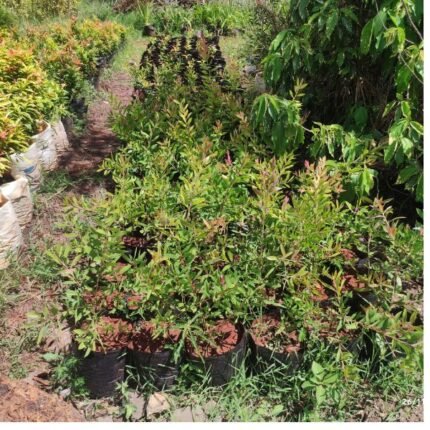
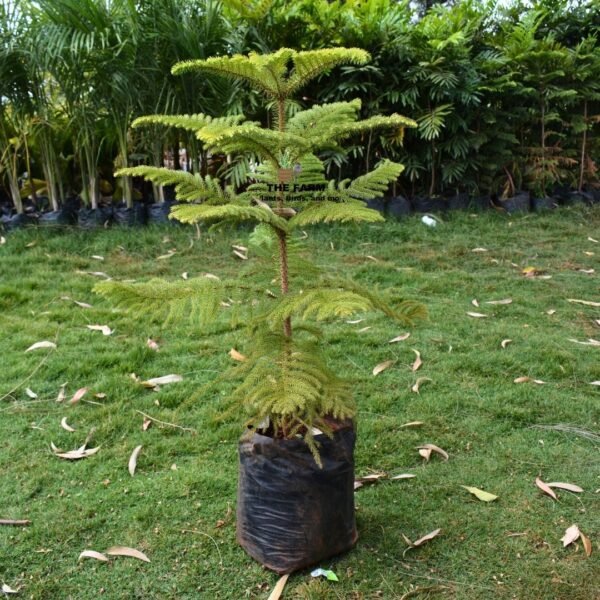

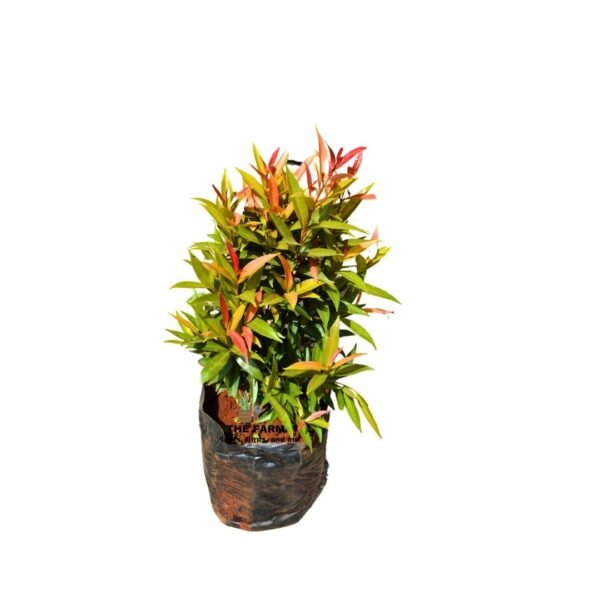
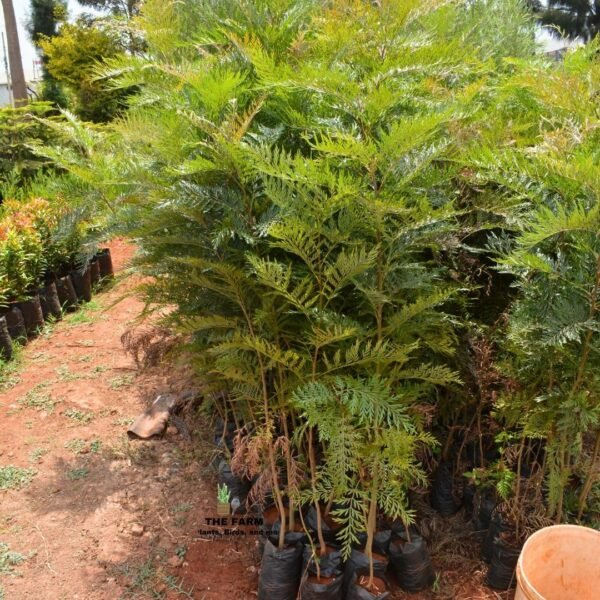

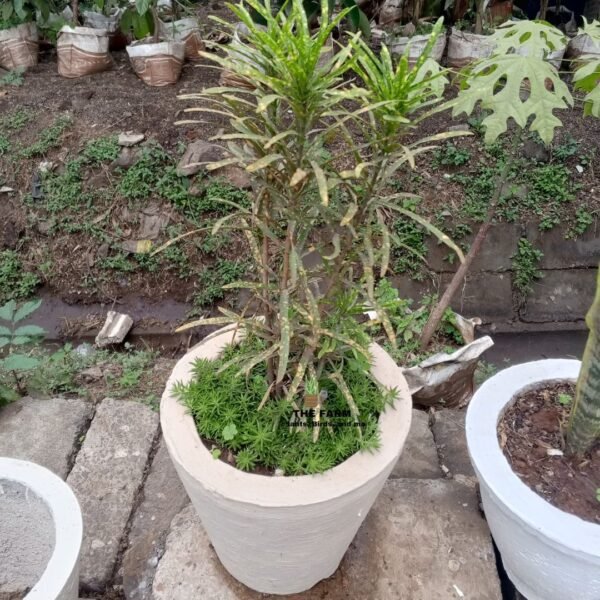
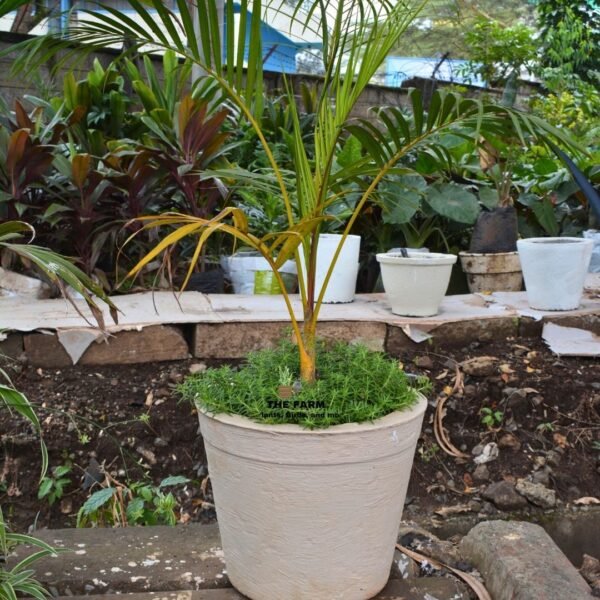
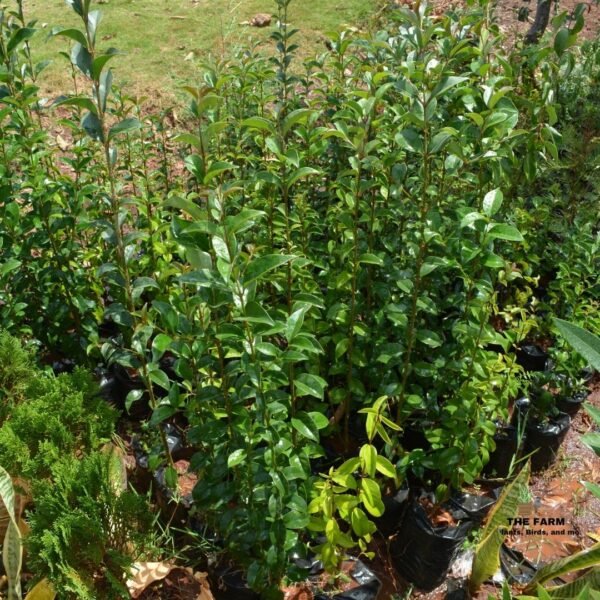
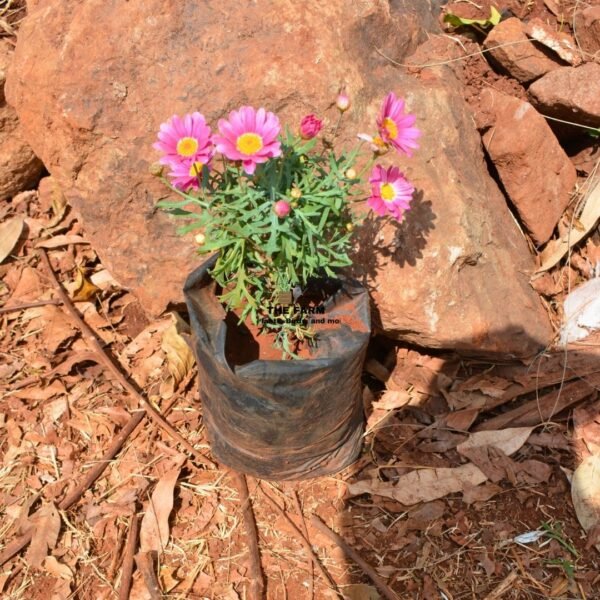

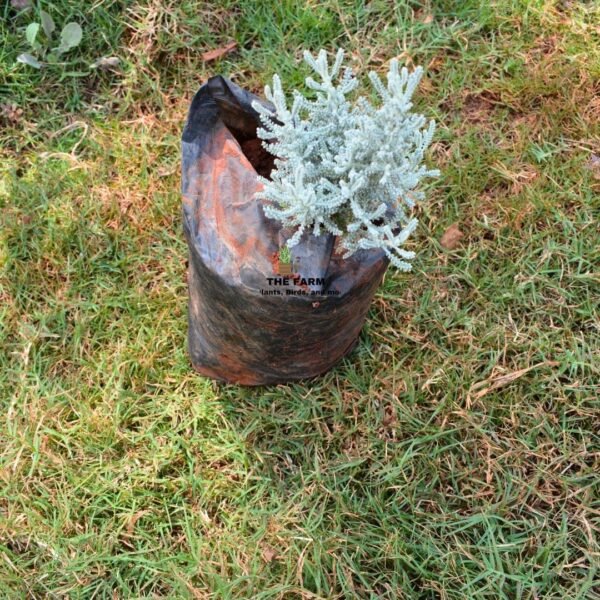


Reviews
Clear filtersThere are no reviews yet.